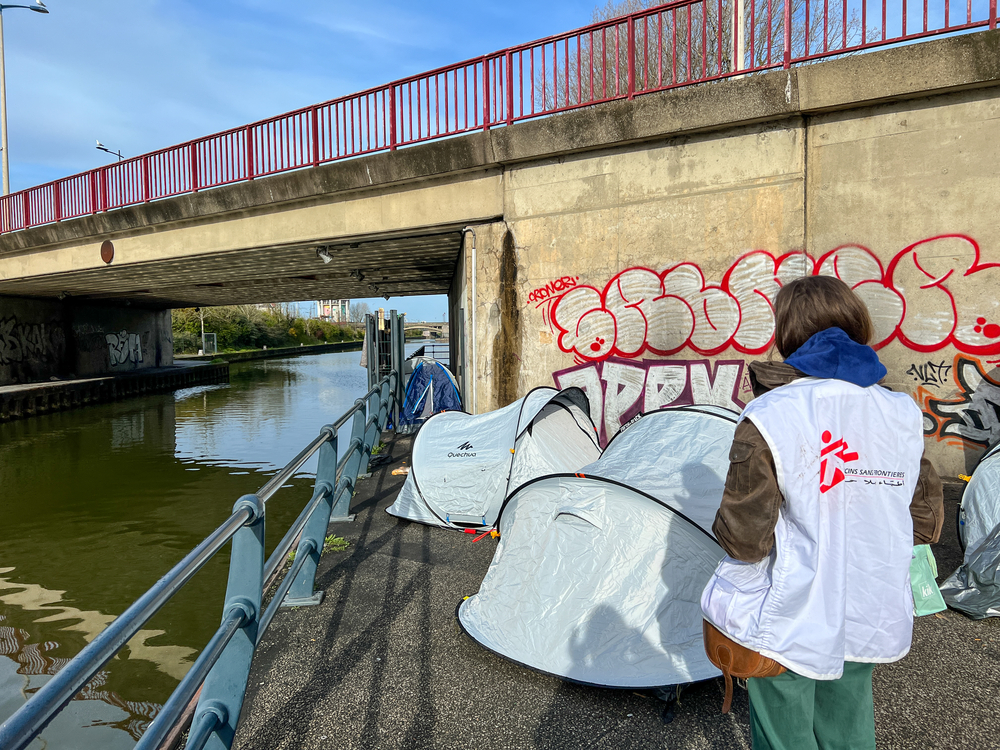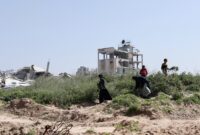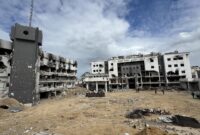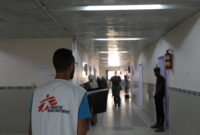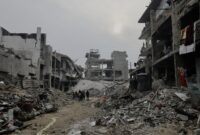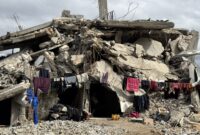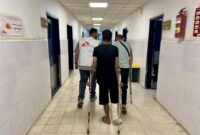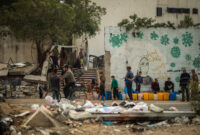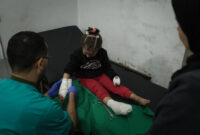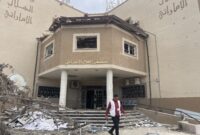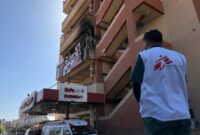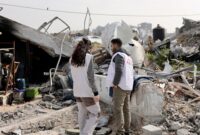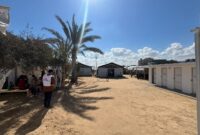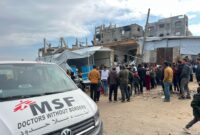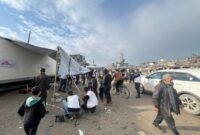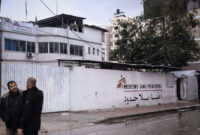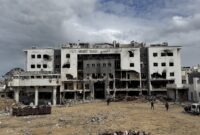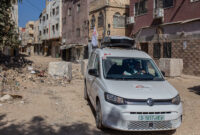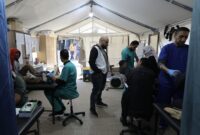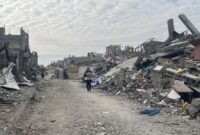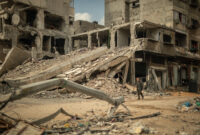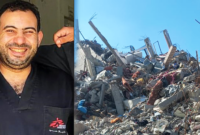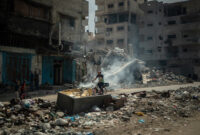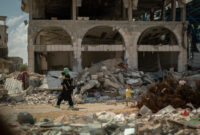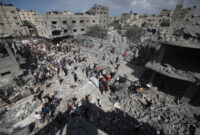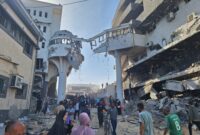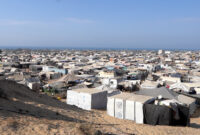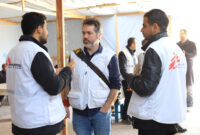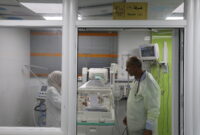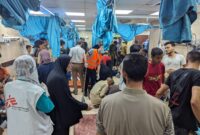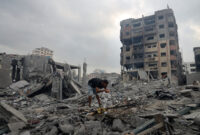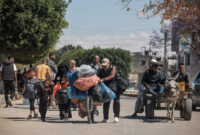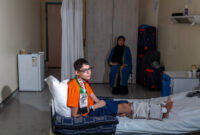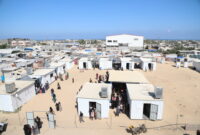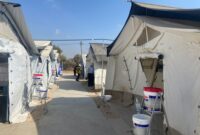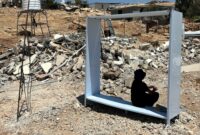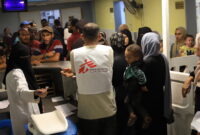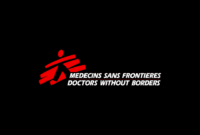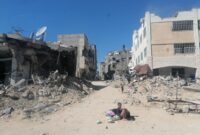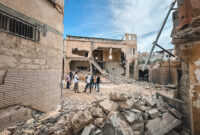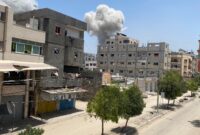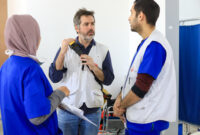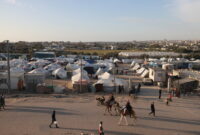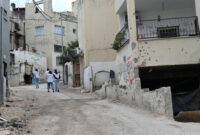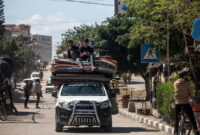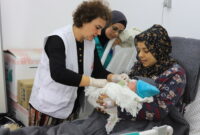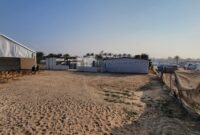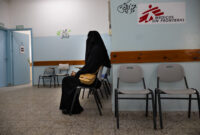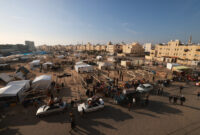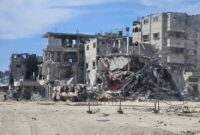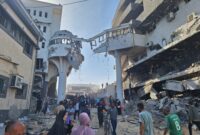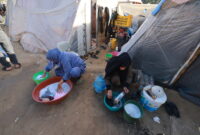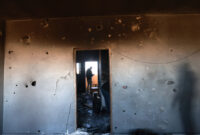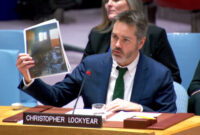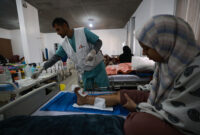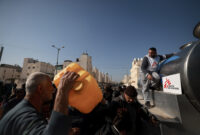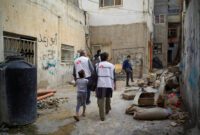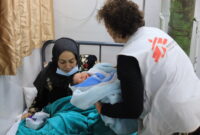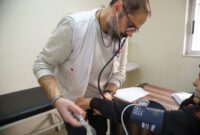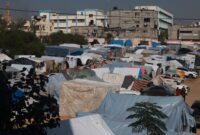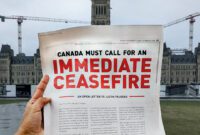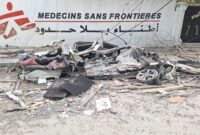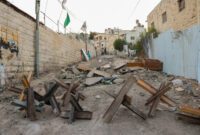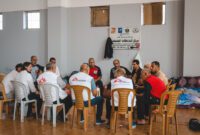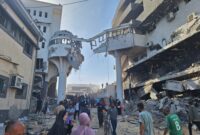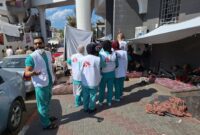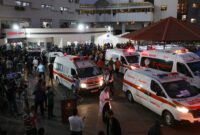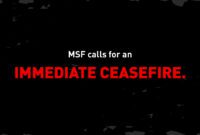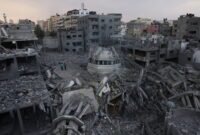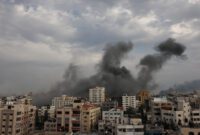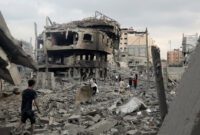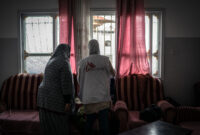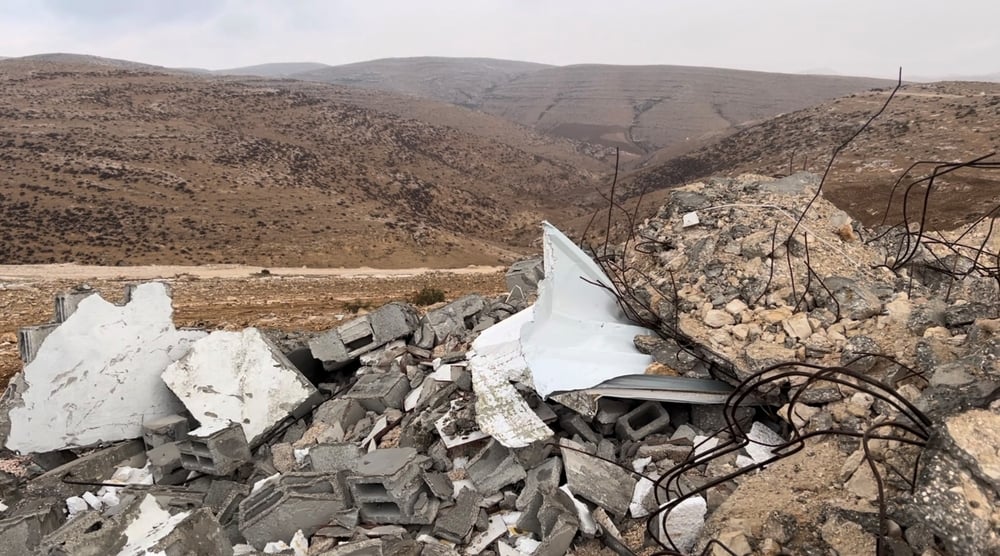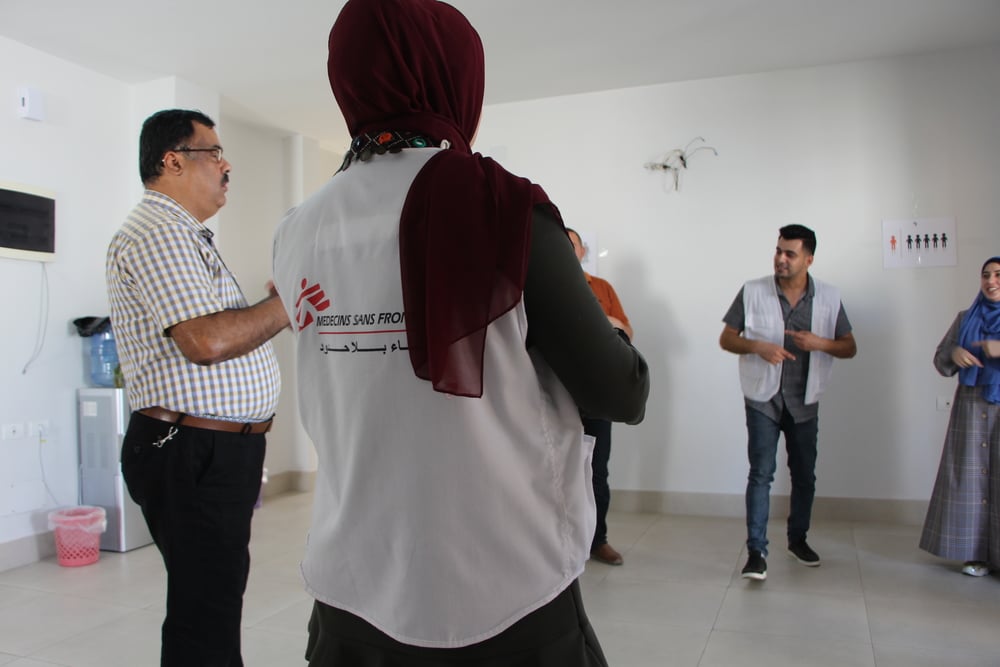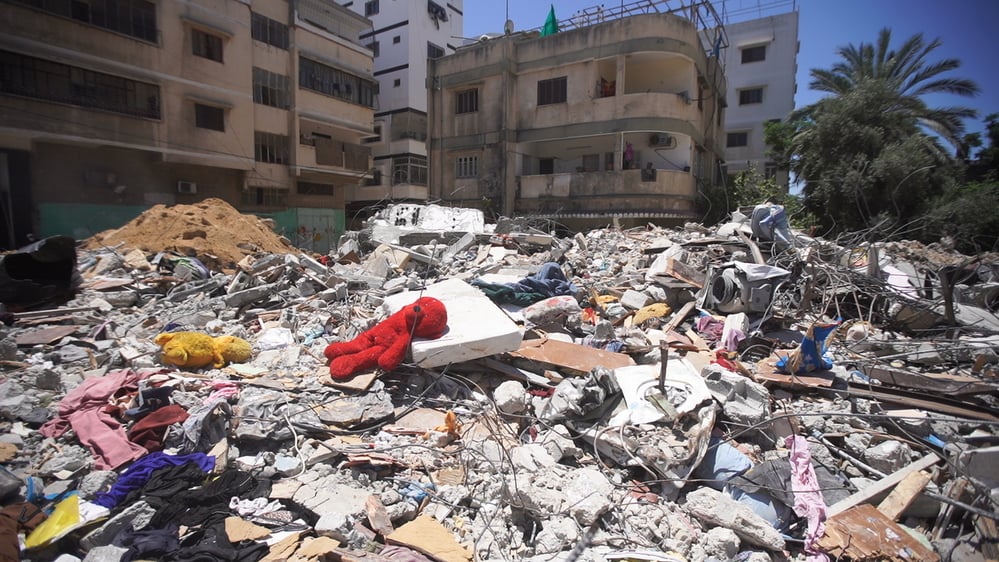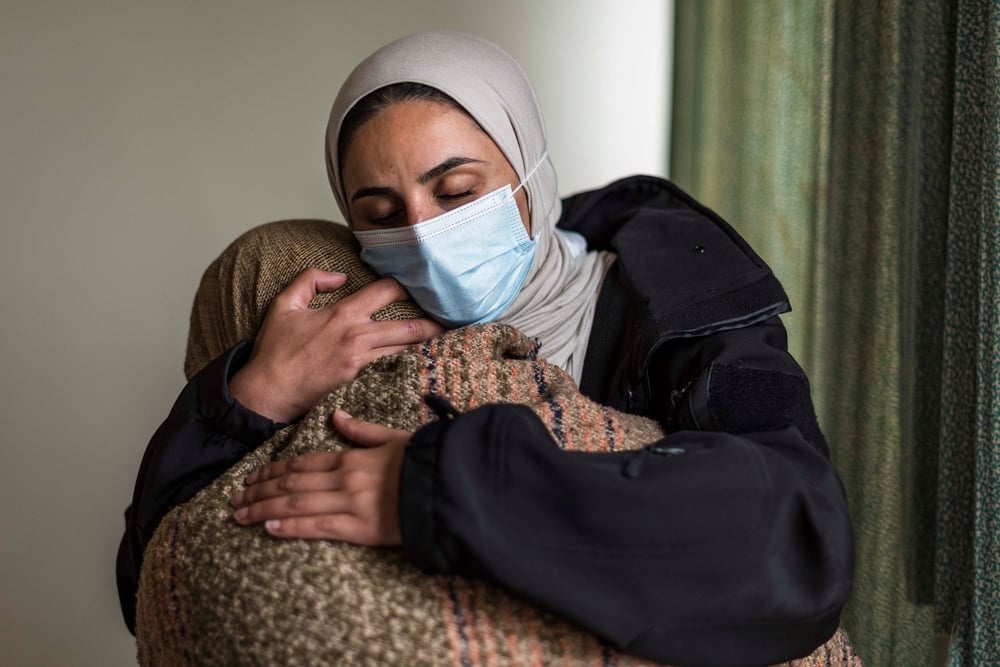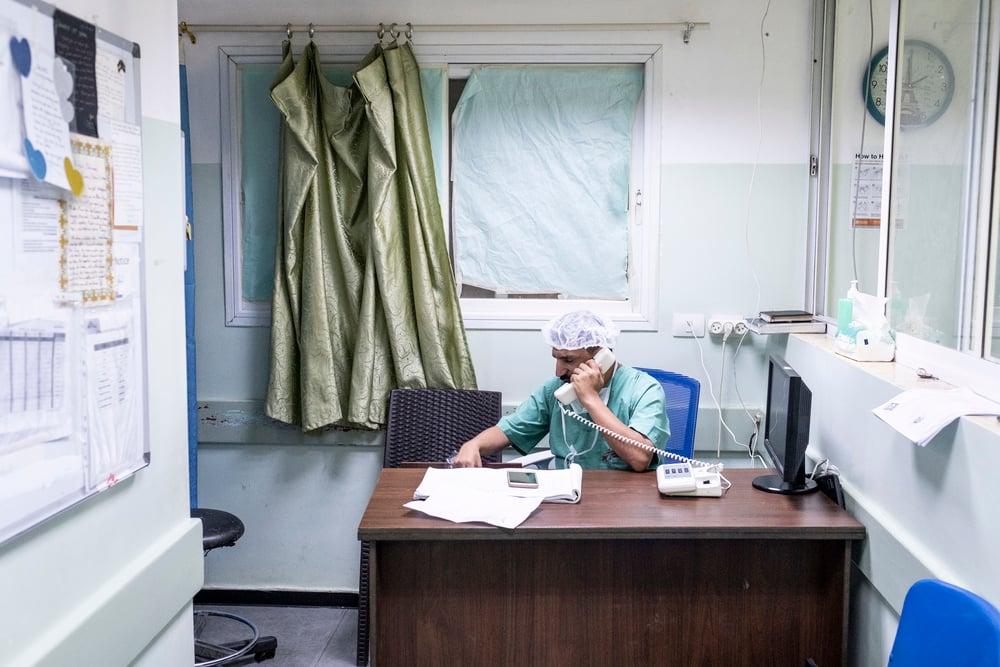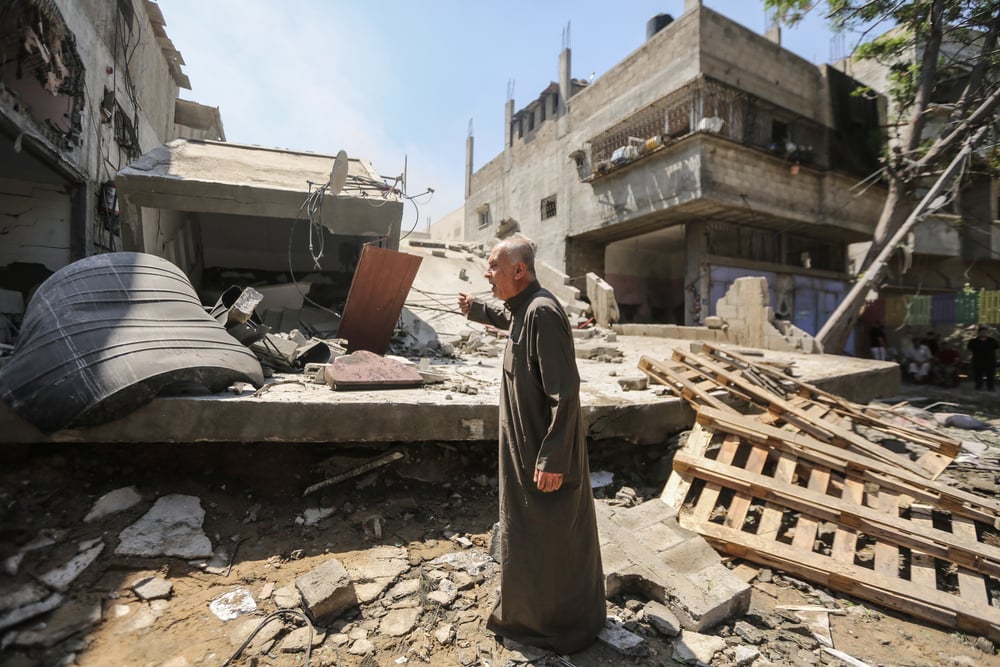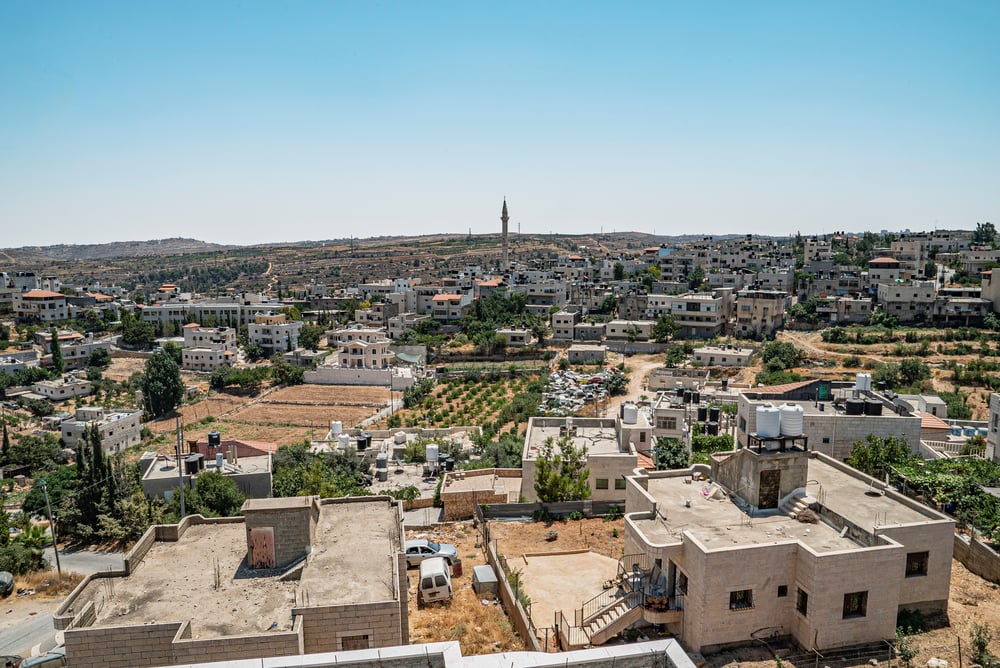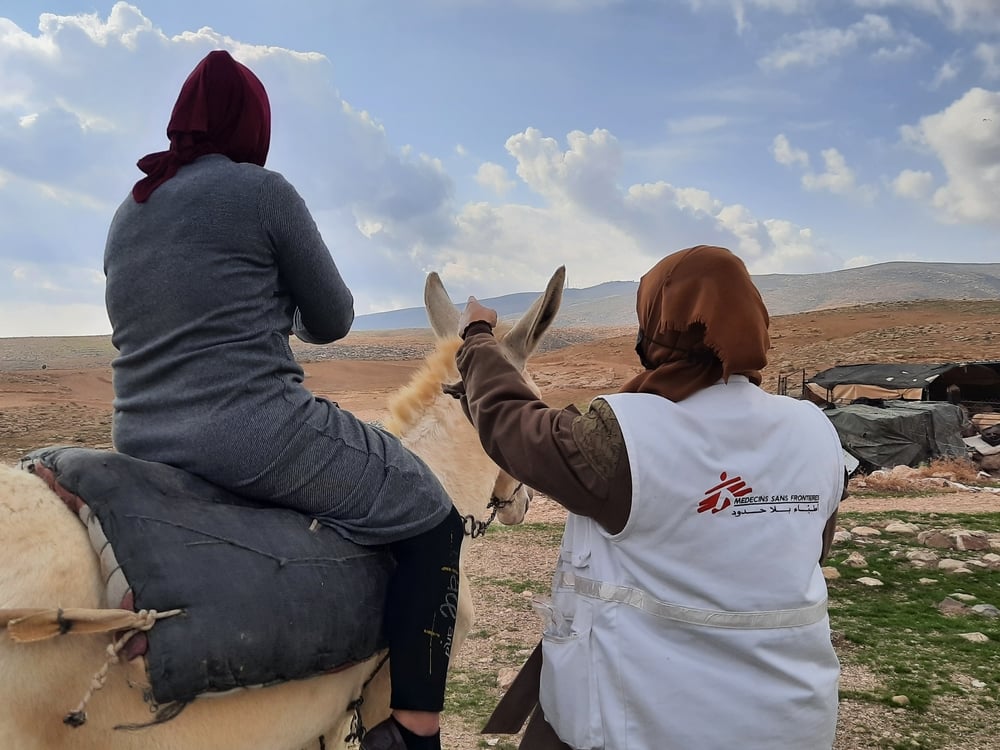Choosing violence: EU policies deny safety and protection to refugees and migrants, while promoting systematic brutality
Doctors Without Borders/Médecins Sans Frontières (MSF) has released a report today detailing the harrowing consequences of Europe’s policy-made crisis at its borders and beyond. Drawn from first-hand accounts from medical staff and patients, over 20,000 medical, mental health and emergency consultations at EU borders, and more than 8,400 people rescued at sea, Death, despair and destitution: the human costs of the EU’s migration policies illustrates a shocking embrace of violent tactics, sanctioned by European Union (EU) policies and EU member states, and emboldened by increasingly dehumanizing political rhetoric from European Leaders.
Since the so-called 2015 migration ‘crisis’, MSF has consistently called on the EU and its member states to take responsibility in addressing urgent assistance and protection needs for migrants and refugees. However, far from improving, a normalisation of violence against refugees and migrants has taken root, with significant investment from EU institutions in third-party countries such as Niger and Libya, where people are often blocked or forcibly returned to, and faced with inhumane treatment.
One example of this investment is the Libyan coastguard, which routinely intercepts people at sea and takes them to detention centres in Libya. MSF teams worked in some of these detention centres, from 2016 to 2023, where they witnessed and documented deplorable living conditions, allowing for the easy spread of communicable diseases. In December 2023, MSF released a report sounding the alarm on patients’ reports of beatings, human trafficking, sexual assault and torture. Between January 2022 and July 2023, MSF medical teams in the centres diagnosed and treated 58 tuberculosis (TB) cases and in one instance advocated for the release of a severely malnourished adult TB patient who weighed less than 40kg and could not receive appropriate care while in detention.
Similar patterns of outsourced violence from the EU and the denial of access to basic healthcare and safety for migrants and refugees are present in Niger, Serbia and Tunisia. However, this violence is also clear and well-documented within EU borders.
“I told the doctor ‘I want to stay here, I am seeking asylum’ but he said to me, ‘Honestly, I don’t know what is going to happen to you’, and the border guards came to the hospital and they put me in a prison for three hours. And after that, I went back to the border”, explained an MSF patient in Belarus.
The practice of repeated pushbacks in countries such as Poland, Greece, Bulgaria and Hungary has been documented by MSF teams. With over 2,000 kilometres of border walls and fences designed to keep people out of the EU, that are often topped with razor wire and bolstered by surveillance cameras and drones, the physical architecture of EU deterrence policies cause injuries that are treated by MSF medical teams. Examples of this are found at the Polish–Belarusian and Serbo–Hungarian borders. This architecture is complemented by various enforcement authorities, whose violent pushbacks against those seeking safety, including degrading treatment, have resulted in physical injury and post-traumatic stress disorders. Often those seeking sanctuary in European countries have already experienced violence before arriving in Europe. In Palermo, Italy, among the 57 patients assisted between January and August 2023, 61 per cent reported having been tortured in Libya, while 58 per cent reported having been subjected to torture within a detention facility. Post-traumatic stress disorder was highly prevalent among these patients.
As well as blocking entry to the EU by land, EU member states have also withdrawn from their obligation to render assistance to people in danger at sea. The outsourcing of rescue responsibilities to non-EU coastguards and the cessation of European search and rescue capacity in the Mediterranean, have made shipwrecks and avoidable deaths near daily tragedies in the Central Mediterranean.
“The decision to enable and promote policies of violence and deprivation against refugees and migrants, rather than looking at humane political solutions should shock the collective conscience. Instead, we see EU leaders doubling down and even celebrating inhumane policies in political rallying cries. This directly contradicts the core values the EU claims to stand for.”
Julien Buha Collette, MSF Operational Team Leader
The EU and its member states must urgently change course, applying meaningful solutions to the situation rather than viewing migrants and refugees through a purely security lens and working to dehumanize people. This requires an urgent and fundamental shift to address the underlying causes of people on the move, which have, for far too long, resulted in senseless deaths, injuries, and long-term trauma among people seeking safety and protection at EU borders.
